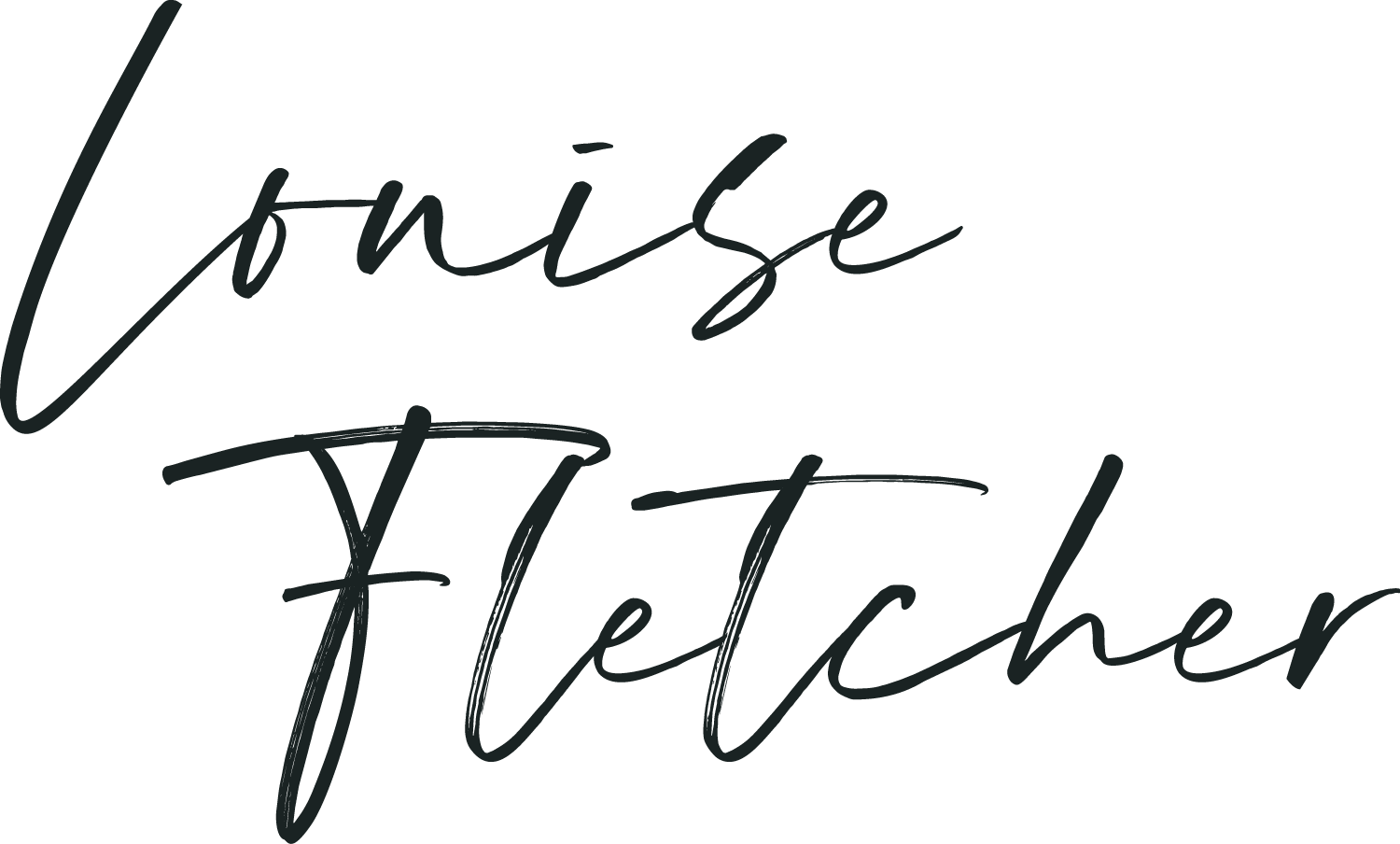Do You Want to Love the Art You Make?
Have you ever felt like just giving up?
I almost did it in 2017.
I had received a rejection and I just felt so discouraged. Secretly, I knew my paintings weren't good enough and I didn't know what to do about it. In the end, I stopped painting for a whole year.
I am not alone. One artist told me that she once picked up all her failed paintings and tossed them on the rubbish pile. When her husband came to light the bonfire, he carefully retrieved every single painting and brought them all back into the house. (Awww).
But sometimes, it's not as clearcut as declaring that you are giving up, or flinging canvases into a fire. Sometimes you just stop going into your workspace for a while. And days turn into weeks, and weeks turn into months, and the longer you are away, the harder it is to go back.
But what I realised after that year away is that I really need my art. I need to be creative, and more specifically, I need to be painting. (I don't think it's a coincidence that I became depressed during that year).
If you are reading this, I think the same is true for you.
So how stop being disappointed with the work you make? How do you come to love it and be proud of it?
I think you have to fall in love with your art and this is how you do it.
1. Connect with yourself deeply
You have to connect with why you are making your art in the first place. Once you get in touch with that, the art will start to flow once again. And it's not just about looking at the surface. In my case, I had to ask myself why I loved the landscape around my home. It wasn't enough for me to just say I loved it - I had to ask why... what specifically did I love?
I also questioned the art that appealed to me. WHY did I love that particular artists or that specific painting? Was it the use of colour? Was it something about the composition? Was it the way the artists used line? Was it the subject matter? The more I came to understand what I loved - in life and in art - the clearer everything became to me.
Through the process of connecting with myself and playing with materials, I was able to start defining why I was painting, what I wanted my work to say, and how I wanted it to look.
2. Gain the knowledge you are missing
You also have to be honest with yourself about what you know and what you don't. Even though I had been painting for a few years at the time of my mini crisis, I still lacked knowledge in key areas. I was very unsure when it came to composition and I had no training in colour theory.
For a while I toyed with doing a degree, but I ultimately decided against it because I wasn't really interested in the academic side of things. I eventually found a free workshop by Nicholas Wilton, which it turns out that he runs once a year. It leads into a full program but just the free course was life-changing for me. Nick has a way of making complex things seem easy and the 3 key principles that he taught over 5 day opened my eyes to just whee I had been going wrong. (that workshop is coming up again if you want to sign up)
But there are all kinds of options ranging from free Youtube videos, through online and in-person courses, all the way to working one-on-one with a mentor. I even teach my own course once a year.
Obviously your choice is dictated by your budget and your preferences. For example, I decided CVP was more affordable and efficient than a degree, but you might not enjoy online learning, so it might not work as well for you.
The key thing is to admit that you need help, decide what you need to improve, and then find the help in whatever format works best for you.
3. Get used to playing
Begin to experiment. Making art doesn't have to be about finishing paintings - it can also be about testing out ideas and playing with materials and just seeing what happens. This inevitably leads to exciting discoveries and painting becomes fun again. (This is the biggest thing I learned from Nick).Then, through the play, you start to make things you love - it just happens sop naturally without even really trying.
4. Most of all - get back to your work!
We always feel most stuck when we are not making our work. That's when our thoughts take over and the negative voices start chattering away. But if we can just get back to making art, and if we can do it playfully, with no expectation of a result, we start to feel in flow again.
Once back at our work table or easel, we remember how much we love the feel of a brush in our hands. We delight at the way two colours combine to create a new surprise. Hours pass like minutes. And - slowly but surely - we come back to ourselves.
If you’d like to reconnect with your art, check out the FREE Art2Life online workshop. It only runs once a year and it’s coming soon! Click here to sign up.


